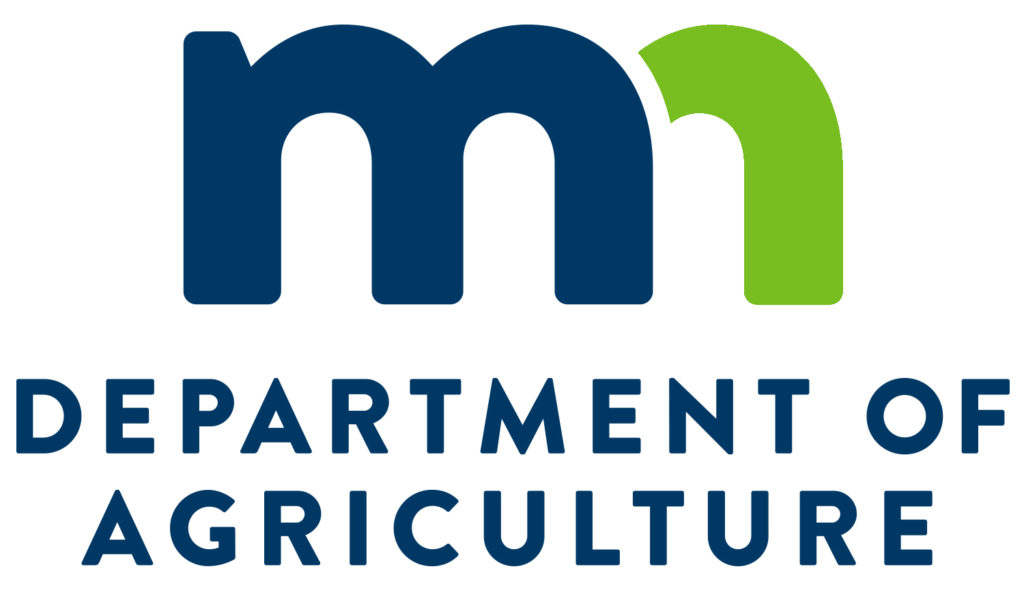Farmer optimism is in the dumper and there is no nice way to say it. COVID-19 and its economic impact, low commodity prices, trade wars, and weather have made life even more challenging. DTN found out that farmer optimism is at a record low. They’ve been doing a tri-annual survey of farmers for several years and this spring’s Agricultural Confidence Index hit an all-time low mark.

The baseline for their survey is 100. Everything below 100 is pessimistic, and any number above 100 is considered optimistic.
“We do our survey in the spring, just before planting,” said DTN Editor-In-Chief Greg Horstmeier. “We also do one at harvest, and then our final survey is in December, which is basically farm tax time. The drop in the index from the last time we did this in December is not a surprise, given everything that’s going on.
“It was a record-sized drop down to an index reading of 67,” he added. “That’s a 97-point drop, which is even more remarkable because we’re hearing that agriculture is moving on as normal. Everyone is either getting ready to or heading out into the field, so that big of a damper on the survey results is surprising.”
Horstmeier said spring is typically the most optimistic time of the year for farmers. New crops are going into the ground, which automatically means a fresh start, especially if the year before was as tough as 2019. Low optimism in the spring isn’t unusual. What’s unusual about this survey is how pessimistic farmers are about the future outlook.
The future outlook is typically very optimistic during the spring survey. “This year, that index reading was 73, which means it dove hard into negative territory,” Horstmeier said. “That was the big takeaway for me. Not only does the current situation have farmers in a pessimistic state of mind, but they don’t have a lot of promise for the foreseeable future.”
Another thing that really stood out was just how prevalent the pessimism is in different sectors of agriculture. It didn’t matter what farmers grew or how big their operations were, either. Even in down years, there’s typically difference worth noting.
“We typically see at least some differences between, for example, livestock and crop producers,” Horstmeier said. “We’ve also seen regional differences, such as the Midwest may be less optimistic than farmers in the Southeast. The pessimism was across the board, regardless of location, income level, the crops they grew, and what kind of enterprises they had.”
Speaking of Midwest farmers, in this year’s survey they showed the most pessimism currently, yet they also had the most optimism for the future. Southeastern farmers were more optimistic about their current conditions (89) but felt less optimism for their future (56).
DTN also conducts a similar survey of agribusinesses. The index level came in at a just-above-neutral 104. Agribusinesses rated their current conditions at a slightly pessimistic 85. However, they were above neutral when looking at the future, coming in at 118.
Here’s the link to the DTN survey article.



